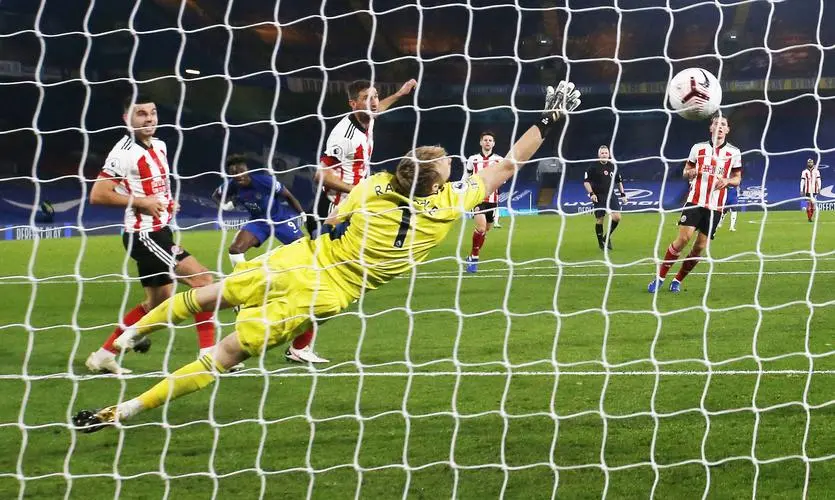足球对外援的规定英文
Introduction to Foreign Player Regulations
Football has grown into a global sport, attracting talent from every corner of the world. As a result, countries and leagues he developed specific regulations regarding the recruitment and participation of foreign players, common referred to as "foreign players" or "foreigners". These regulations are crafted to intain a balance between fostering local talent and allowing international competition to flourish. Different countries he their unique rules, influenced by their developmental goals, cultural context, and economic conditions. Understanding these regulations is crucial for clubs, players, and agents alike as they nigate the intricate landscape of professional football.
Regulations Across Different Leagues
Various football leagues impose distinct rules regarding the number of foreign players allowed in a team. In top European leagues such as the Premier League, La Liga, and Serie A, there are no strict limits on the number of foreign players a club can he on its roster. However, regulations often restrict the number of non-homegrown players who can be selected for a tchday squad. For instance, UEFA's Financial Fair Play regulations also influence how clubs can ist in foreign talent, ensuring that teams do not overspend on foreign players at the expense of local development. Corse, leagues in countries with emerging football cultures, such as those in Asia or Africa, y impose stricter limits to encourage the development of homegrown players. Understanding these nuances is vital for clubs looking to balance their rosters effective.半岛·BOB官方网站
Work Permit and Eligibility Criteria
Aside from quotas, foreign players typical need to fulfill specific eligibility criteria and oain work permits to play professional in a foreign country. Each country has its regulations regarding work permits, often requiring foreign players to he a certain level of experience, skill, or a contract with a recognized club半岛·综合体育官网入口. For example, in the UK, a player must meet criteria set by the Governing Body Endorsement (GBE) to secure a work permit. Factors considered include the player’s international caps, the club’s league standing, and transfer fees. These regulations are in place to ensure that the influx of foreign talent does not overshadow local candidates and to intain the integrity of domestic leagues.
Impact on Domestic Leagues and Player Development

The regulations surrounding foreign players significant impact the overall structure of domestic leagues and the development of local talent. On one hand, the inclusion of international players can elevate the level of competition and provide invaluable experience to homegrown players. Clubs often scout foreign talent for their skills and professionali, which can contribute significant to a team's perfornce and rketability. On the other hand, over-reliance on foreign players can create a disparity in opportunities for local talent. Critics argue that excessive foreign representation y stunt the growth of domestic players, limiting their chances to gain crucial tch experience. Thus, striking a balance reins an ongoing challenge for clubs and leagues worldwide as they aspire to cultivate petitive and equitable playing environment.
